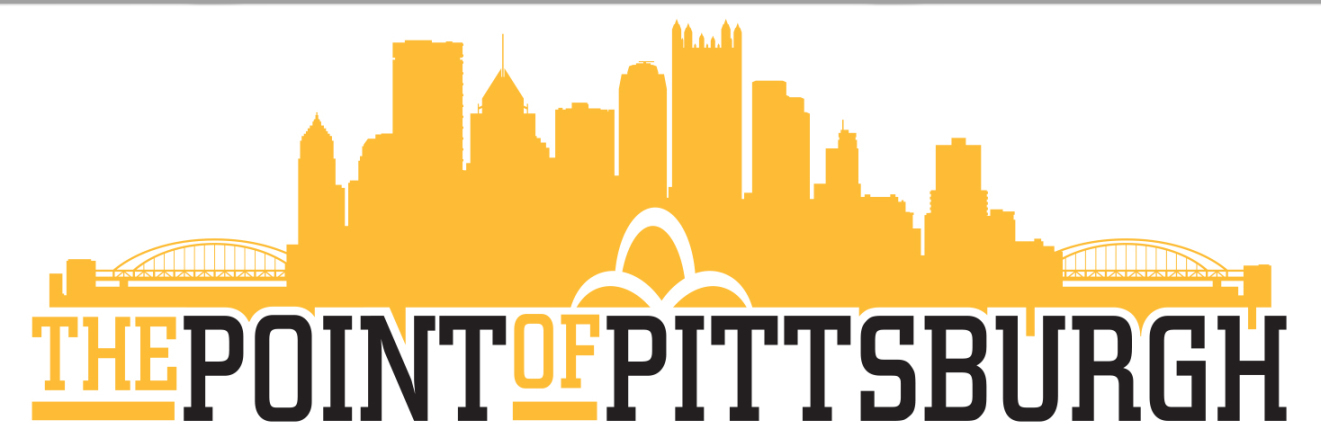With Quality Water Resources, Pittsburgh Poised To Become “Water Belt”
Pittsburgh can be a "blue" city, as well as a "green" city

Water, water everywhere (and below ground) could be an economic development opportunity
Photo by Brian Grublis for TPOP
After suffering through a brutally dry August, with only 0.96″ of precipitation, I started to think about how life is being affected out West with the prolonged drought conditions. I’ve read that the next great war will not be fought over oil or some other commodity, but rather over water. It’s the most precious resource that humans need and also one that we routinely treat as an afterthought.
Rivers and streams are drying up in California to such an extent that Los Angeles is putting tens of thousands of black balls into the L.A. Reservoir to ameliorate the evaporation potential of the water, in order to conserve it. The Colorado River serves seven states through a 1922 compact and it is being drained at an alarming rate. Lake Mead, the impounded lake behind the Hoover Dam, is at less than 40% of its capacity and the “ring” around the lake is jarring to see. This quote sums up the situation quite nicely:
“Nineteenth century water law is meeting 20th century infrastructure and 21st century climate change,” says Bradley Udall, a senior fellow at the University of Colorado Law School, “and it leads to a nonsensical outcome.”
Here in Pittsburgh, though, we have a relatively stable set of weather conditions. In more typical months, we get steady precipitation. Our rivers are fairly clean now and will be getting cleaner in the future once ALCOSAN and the contributing communities commit to their long-term sewage overflow control plans. There is a large aquifer that reaches down from Moraine State Park that some water suppliers and private homeowners draw their water from. This aquifer is so vast that the water extracted today actually started flowing from Moraine over 30 years ago!
With the big picture of climate change coming more into focus, replete with coastal areas prone to flooding and hurricanes and other areas of the countries suffering from insufficient precipitation, can Pittsburgh parlay our “normal” seasonal calendar into an economic development opportunity? Pittsburgh already has the low cost of living going for it. Toss in access to good hospitals and health care (even if they can’t co-exist with each other), a host of great school districts and universities in the region, and the presence of being on the leading edge of technology. All of this can add up to Pittsburgh branding itself not as a post-Rust Belt city, with all the negative connotations that entails, but rather as a Water Belt city.
The water is here and plentiful for residential/commercial development. Pittsburgh Water and Sewer Authority (PWSA) has plenty of excess capacity on their water supply side — it’s the sewer capacity side that is the issue presently being engineered. The rivers and streams also provide excellent recreational benefits that many companies and residents actively seek out, as well. Our farms are fertile and with a little economic stimulus could produce even more yield than at present.
Although it is not technologically feasible, or perhaps more like not economically viable, what if Pittsburgh could somehow get into the business of exporting water to drought-stricken areas in the future? Oil pipelines and fiber-optic lines run for hundreds and thousands of miles across the United States. What about a transcontinental water transmission line? Perhaps science will one day allow us to take pumped liquid water and convert it into a more transportable form (no, not steam) to be shipped via rail to different parts of the United States. Once it would reach its destination, the water could be re-converted back into its liquid form for use.
Pittsburgh is re-branding itself quite well as a green city. Maybe they should think about re-blanding as a blue city, too.
